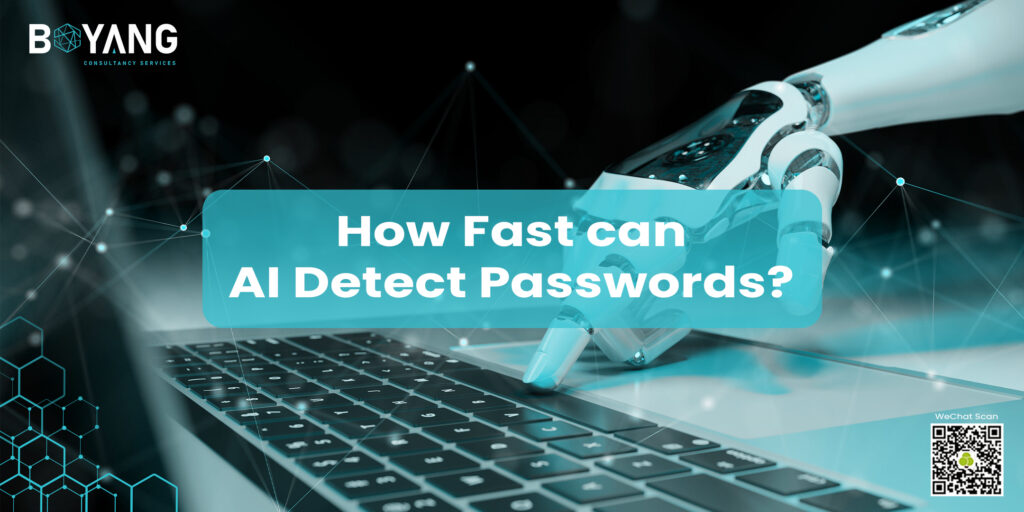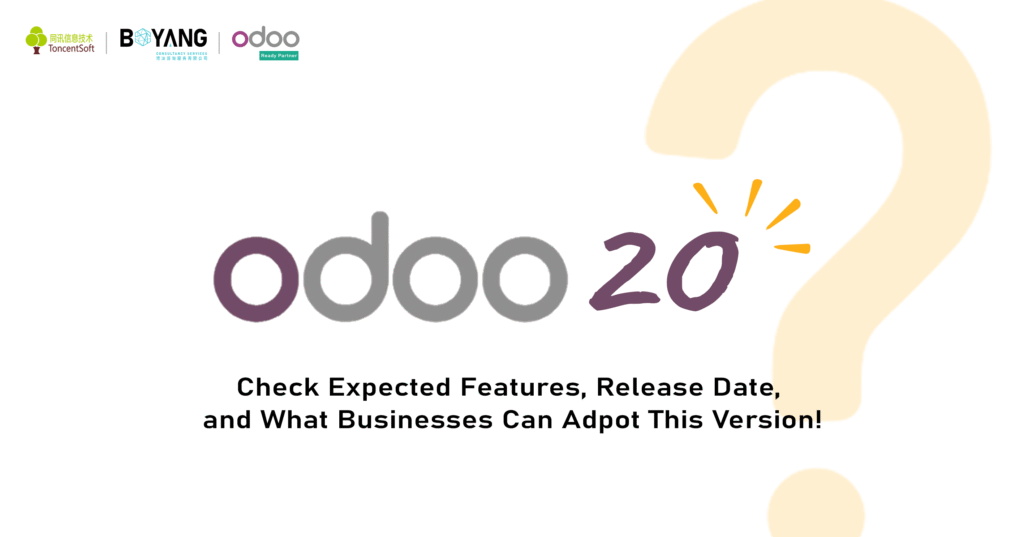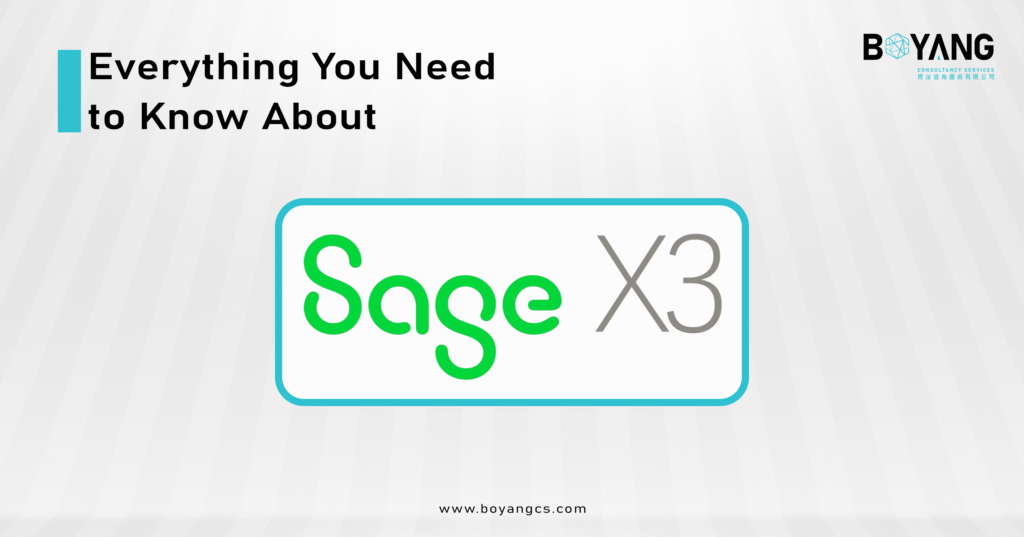Humans use AI to detect malware and also cybercriminals use AI to detect passwords, sounds confusing right? Cyber threats are evolving at an alarming rate in Hong Kong and China, one of the most concerning developments is how quickly AI can detect passwords. If your password is weak or commonly used, it could be cracked in less than a minute by advanced AI password cracking tools or AI password detecting tools. Understanding how AI is used to detect passwords and the methods to protect your passwords, is essential for maintaining end-to-end online security, which you will read in this article.
Can AI Crack Password?
Yes, AI can detect passwords within seconds. 45% of passwords detect in less than a minute, 14% of passwords in less than an hour and another 14% after more than a day or less than a month, making it a powerful tool to detect passwords for cybercriminals. Tools like PassGAN leverage machine learning (ML) to detect passwords by recognizing patterns in large datasets of breached passwords. This speed and efficiency highlight the need for stronger, more complex passwords and better cybersecurity practices.
How Cybercriminals Use AI to Crack Passwords
Cybercriminals are increasingly using AI to detect passwords and to different types of cyber attacks like phishing, brute force, malware, social engineering, MitM and social engineering. Cybercriminal using the advance AI password cracking tools like PassGAN which can crack over 70% of passwords correctly within a minute. Latest password cracking tools like Burp Suit, CeWL, Hashcat, PACK are increasing the risks of cyber attacks. Hackers also use password cracking tactics as following:
- Acoustic Side-Channel Attacks:
- Acoustic side-channel attack is a type of cyber technique used by cybercriminals in, which focuses on sounds produced on the keyboard by user. An acoustic side-channel attack, AI analyzes the sound patterns produced by keyboard keystrokes. Each key on a keyboard emits a distinct sound, and AI can learn to recognize these patterns to deduce the characters being typed. By processing these sounds, cybercriminals can potentially determine your password as you type it.
- Brute Force Attacks:
- What is brute force attack and how it works? Brute force attacks involve trying various password combinations until the correct one is found. AI significantly enhances this process, allowing cybercriminals to cycle through vast numbers of combinations rapidly. Weak or short passwords are particularly vulnerable to this method. A password with minimal complexity, such as “123456,” can be cracked almost instantly by AI.
- Dictionary Attacks:
- In a dictionary attack, AI uses common words and phrases to crack passwords. These lists might include words from dictionaries, leaked password databases, or even terms related to your interests. For example, if your password is “football,” an AI-powered cybercriminal could easily identify and exploit it.
Importance of Strong Password
According to 2023 report, a password that includes numbers, uppercase and lowercase letters, and symbols but is only 5 characters long can detect instantly by AI. However, a password that is 16 characters long and uses a combination of numbers, uppercase and lowercase letters, and symbols could take AI up to 1 trillion years to crack. Understanding the benefits of strong passwords and how to make strong and unique passwords is very essential for every business and individual.
To protect against these AI powered cyber attacks, it’s crucial to follow best passwords management practices.
Best Password Management Practices to Protect Password
- Use Strong, Unique Passwords:
- Length is Crucial: Always use at least 16 unique characters to make your password strong. The longer your password, the more difficult it will be for AI to crack. Using a strong and unique passwords has been the best password management practices to secure your password against being detected easily.
- Mix it Up: To make your passwords stronger, use a combination of uppercase and lowercase letters, numbers, and symbols in your passwords. Avoid common words or predictable patterns to make your passwords unique.
- Avoid Reuse: Never reuse the same passwords across multiple accounts. Means you should use unique and different passwords for your each account even for email, social media account, or bank applications. If one account is compromised, all other accounts with the same password will be at risk.
- Change Passwords Regularly:
- Frequent Updates: Regularly changing your passwords can reduce the risk of them being cracked by AI and hackers. Even the strongest passwords should be updated periodically to stay secure. Changing passwords regularly also a best password management practice.
- Enable Two-Factor Authentication (2FA):
- Extra Protection: Using two-factor authentication 2FA in your passwords adds a second layer of security by requiring an additional form of verification, such as a code sent to your phone. Even if AI cracks your password, 2FA makes it harder for cybercriminals to access your accounts and passwords. Understanding what is 2FA and MFA is very important for your online security.
- Use a Password Manager:
- Secure Password Management: Password managers help you generate, store, and manage complex passwords securely. The best password managers tools like Dashlane, Keeper, Nordpass, Bitwarden offers many password security features like password autofill, warnings for weak password and reused passwords, and dark web monitoring for compromised credentials.
Protect Your Business Now
AI can detect over 51% of common passwords in under a minute. Don’t wait until it’s too late. Strengthen your network and cybersecurity today. Contact us to book your FREE Security Assessment with our top rated cyber team to identify vulnerabilities in your system and learn how to protect your data from AI password detecting tools and other cyber threats today.
Did you find this article useful? Support us on LinkedIn and Facebook.




